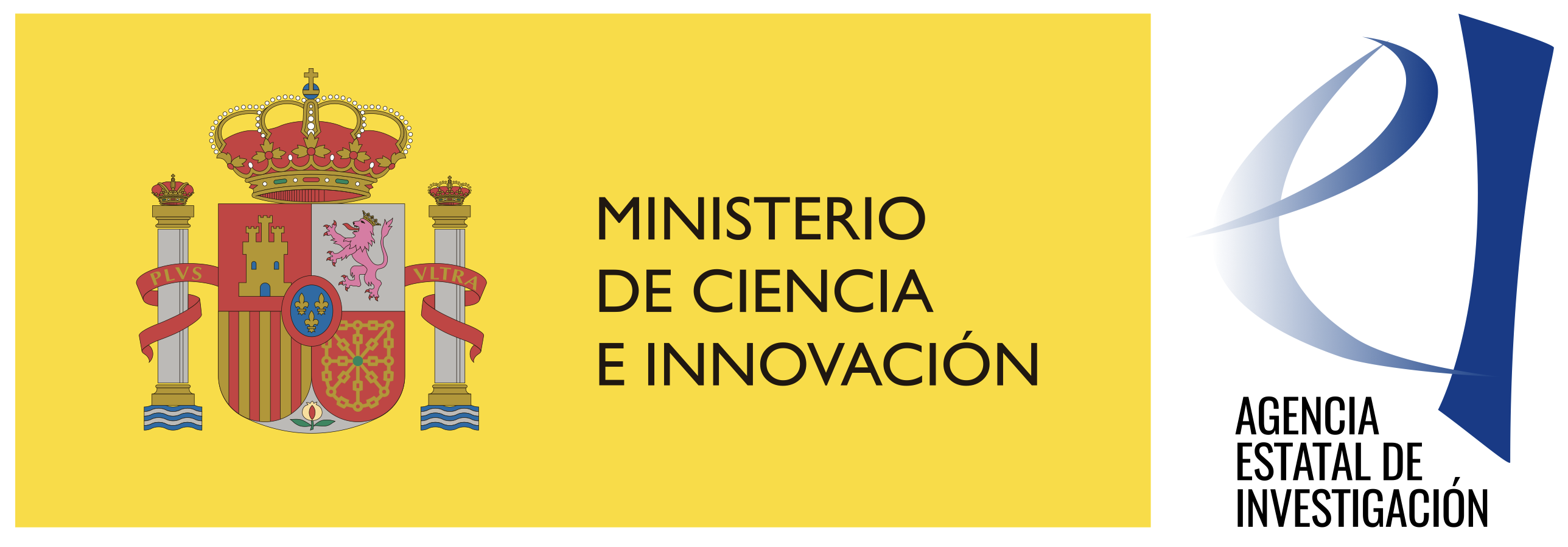SYNERFUN - Synergistic Surface Functionalization for Advanced Diagnistic, Catalytic and Packaging Materials
This project aims to leverage our expertise in surface functionalization and hybrid material fabrication to develop new systems for diagnostics, energy conversion, and food packaging. Our capabilities include synthesizing 0D materials (nanoparticles) and 2D materials (atomic scale thin films) and modifying surfaces with hybrid materials to introduce or enhance chemical and physical properties. Our focus will be on developing innovative materials with exciting applications in biomedical diagnostics and therapies, and concepts for enhancing common polymers used for intelligent food packaging in the future.
Optimizing pathways for maximizing the functionality of materials is a trend mainly driven by the wishes of consumers and the industry in order to fabricate small and/or portable devices or for everyday commercial goods. This should lead to innovative new designs and applications and in this way improve the life quality of the consumer while at the same time secure the competitiveness of the companies. A most promising pathway to maximize the efficiency of a material is to induce synergistic effects between the components. In other words, a combination of two materials should have better functionality than that of the individual components. One very promising approach towards such multifunctional materials relies on the fabrication of hybrid materials which constitute two or more compositional or structural combinations and mutually contribute to physical or chemical properties of the whole system. The most common ways to synthesize hybrid materials involve the inclusion of inorganic particles into a nonmetallic shell, blending of polymers with inoganics and diverse post-treatments, interconnecting metal ions or clusters with organic molecules (e.g. by sol-gel strategies), etc. The general aim of this project is to exploit our expertise in surface functionalization and fabrication of hybrid materials for the generation of new enabler systems for diagnostics, energy conversion and food packaging. Our expertise allows us to synthesize 0D materials (nanoparticles) and 2D materials (atomic scale thin films) and to alter surfaces with hybrid materials which can introduce or enhance chemical and physical properties. In order to fabricate such superior functional materials that can meet the requirements of stability and functionality, this project will exploit a variety of vacuum based technologies, namely chemical vapor deposition (CVD), atomic layer deposition (ALD) in its special variants, the molecular layer deposition (MLD) and vapor phase infiltration (VPI). In this way, controlled fabrication of materials and tuning of their physical properties that are of technological and societal interest will be achieved. In three separate work packages, we will develop novel materials that enable surface plasmon amplification by stimulated emission of radiation (SPASER), which are promising candidates for future biomedical diagnostics and therapies, catalytically active 2D hybrid materials that enable clean energy conversion through water splitting by irradiation with sunlight, and new concepts for functionalizing common polymers for their future use intelligent food packaging. The scope during the whole project will be to design processes and coating strategies that are up-scalable and compatible for integration into existing production lines. The project includes several international collaborations with complementary expertise and is expected to initiate further applied projects on the European level.
This project is funded by PID2019-111065RB-I00/MCIN/ AEI /10.13039/501100011033

